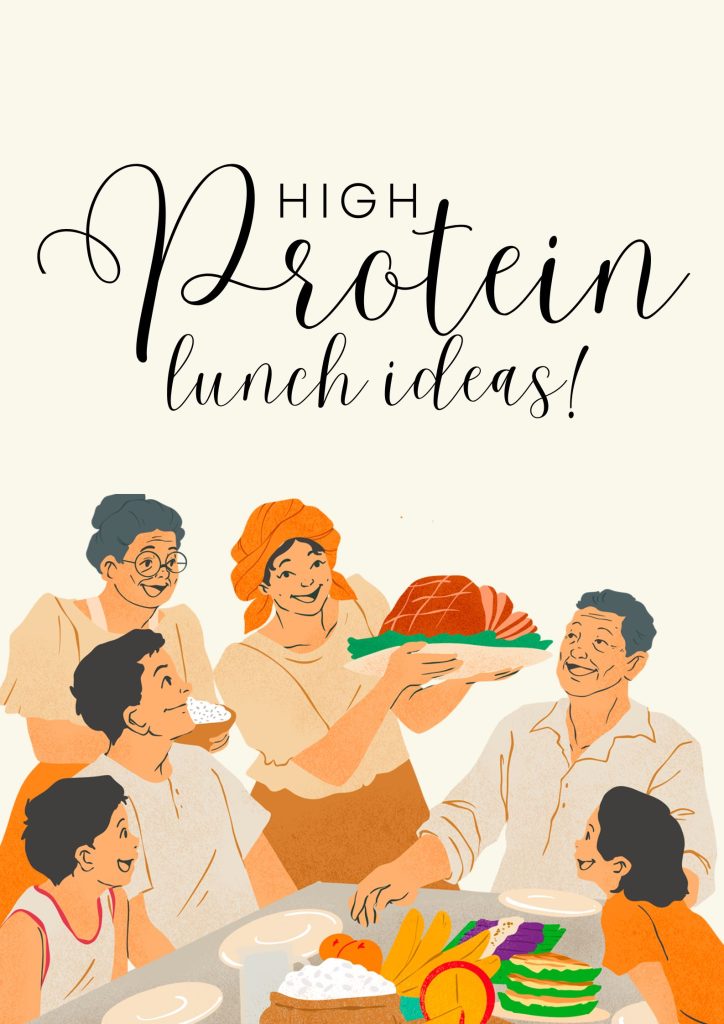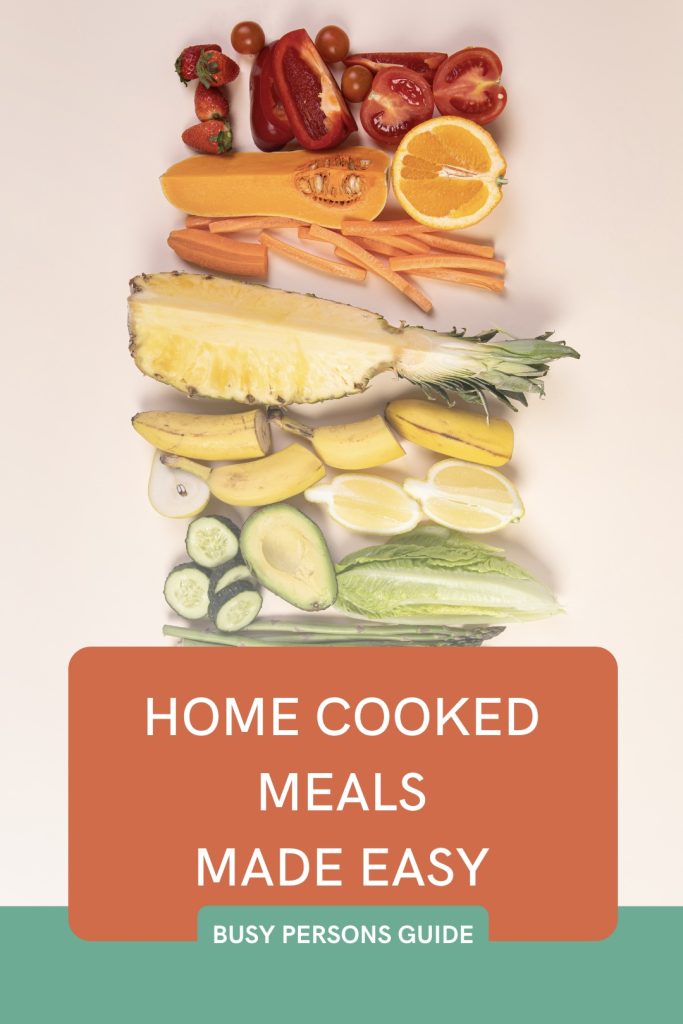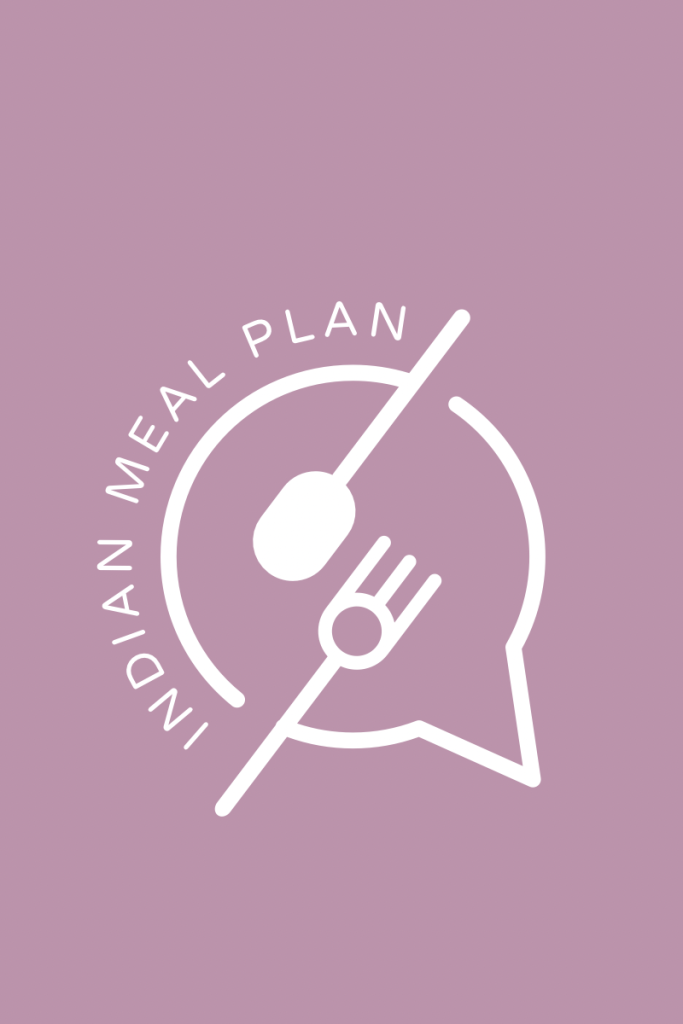One aspect of Indian cuisine that often captures the imagination is its delectable array of high protein lunch options. While many believe that plant-based diets lack sufficient protein, Indian cuisine effectively dispels this myth. Whether you are a vegetarian, a vegan, or simply an individual looking to explore new culinary horizons, an Indian vegetarian protein rich lunch offers an exciting and satisfying way to nourish your body and indulge your taste buds.
From fragrant dals to succulent chole preparations, Indian cuisine embraces a wide variety of protein sources that are not only delicious but also highly nutritious. These dishes are meticulously crafted using an assortment of aromatic spices, fresh vegetables, legumes, and dairy products, resulting in a harmonious blend of flavours and textures that will leave you craving for more.
Related Post: 10 High Protein Breakfast Ideas – Indian Edition
Table of Contents
Kale Chane
This probably is the easiest sabzi to prepare. In addition to protein, it also has a lot of fiber making it a great choice for lunch. Some people feel bloated after eating kale chane. One of the methods you can adapt to reduce this is ensuring you soak them for 8 hours and throw away the water ( or use it for cleaning, watering plants, etc.) it was soaked in. You can also wash it once after removing the water and before putting it in the pressure cooker.
Recipe: Sookhe Kale Chane ki Sabzi
Paneer Paratha
Paneer is beyond a doubt a great source of protein for vegetarians. A 100 grams of paneer can give you around 20 grams of protein. If you find rolling paneer parathas a little difficult, you can add boiled potatoes to make it easier.
Recipe: Paneer Paratha
Palak Paneer
Who doesn’t like a good Palak Paneer? Add garlic tadka to it, and there are only a handful of things left that make better lunch options.
Recipe: Lasooni Palak Paneer
Chole
An excellent protein rich lunch, chole should also be soaked overnight just like kale chane. Make it spicy and tangy using a blend of onions, tomatoes, ginger, garlic, and a mix of aromatic spices. Pair it with whole wheat naan or steamed rice for a wholesome meal.
Recipe: Punjabi Chole Masala
Methi Malai Matar
Did you know that all three major ingredients are a source of protein? Fenugreek, cream, and peas all three have substantial protein in them, making it a high protein lunch. Methi Malai Matar is a delightful culinary experience that is cherished by many.
Recipe: Methi Malai Matar
Dal Dhokli
Dal Dhokli is a traditional Gujarati dish that combines the flavours of dals, spices, and dhoklis made with wheat flour. The resulting dish is hearty, flavorful, and satisfying, offering a perfect balance of textures and tastes. I fondly call this comforting one-pot meal Indian pasta.
Recipe: Gujarati Special Dal Dhokli
Dal Makhani
A delicacy that everyone loves to devour occasionally. It is the process of slowly cooking rajma and urad dal with cream, butter, and spices that enhances its flavour. A trick I often use is to crush some rajma into the dal to make it thicker.
Recipe: Dal Makhani
Gatte ki Sabzi
Being a Rajasthani myself, this sabzi is made frequently in my kitchen. If you like gatte ki sabzi, you can also try out gatte ke pulao which is another Rajasthani delicacy. Gatte are made using besan, making it a protein rich lunch.
Recipe: Rajasthani Gatte ki Sabzi
Panchmel Dal
Nothing better than a good old dal and roti. Cooking five varieties of dal tur, moon, chana, masoor, and urad with spices like turmeric, cumin, and coriander makes it a lot more flavourful and tasty.
Recipe: Panchmel Dal
Corn Palak
The sweetness of the corn complements the slight bitterness of the spinach, creating a harmonious combination. Fresh corn kernels and spinach are cooked together with a blend of spices, including cumin, turmeric, and chilli powder. The result is a vibrant and flavourful dish that offers a balance of textures and tastes.
Recipe: Palak Corn Curry
Conclusion
As we conclude, it becomes evident that an Indian vegetarian high protein lunch not only satisfies our taste buds but also nourishes our bodies with essential nutrients. These meals provide a well-rounded combination of protein, fiber, vitamins, and minerals, contributing to overall health, weight management, and a reduced risk of chronic diseases.



